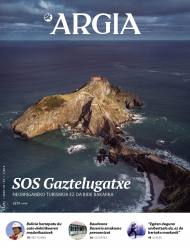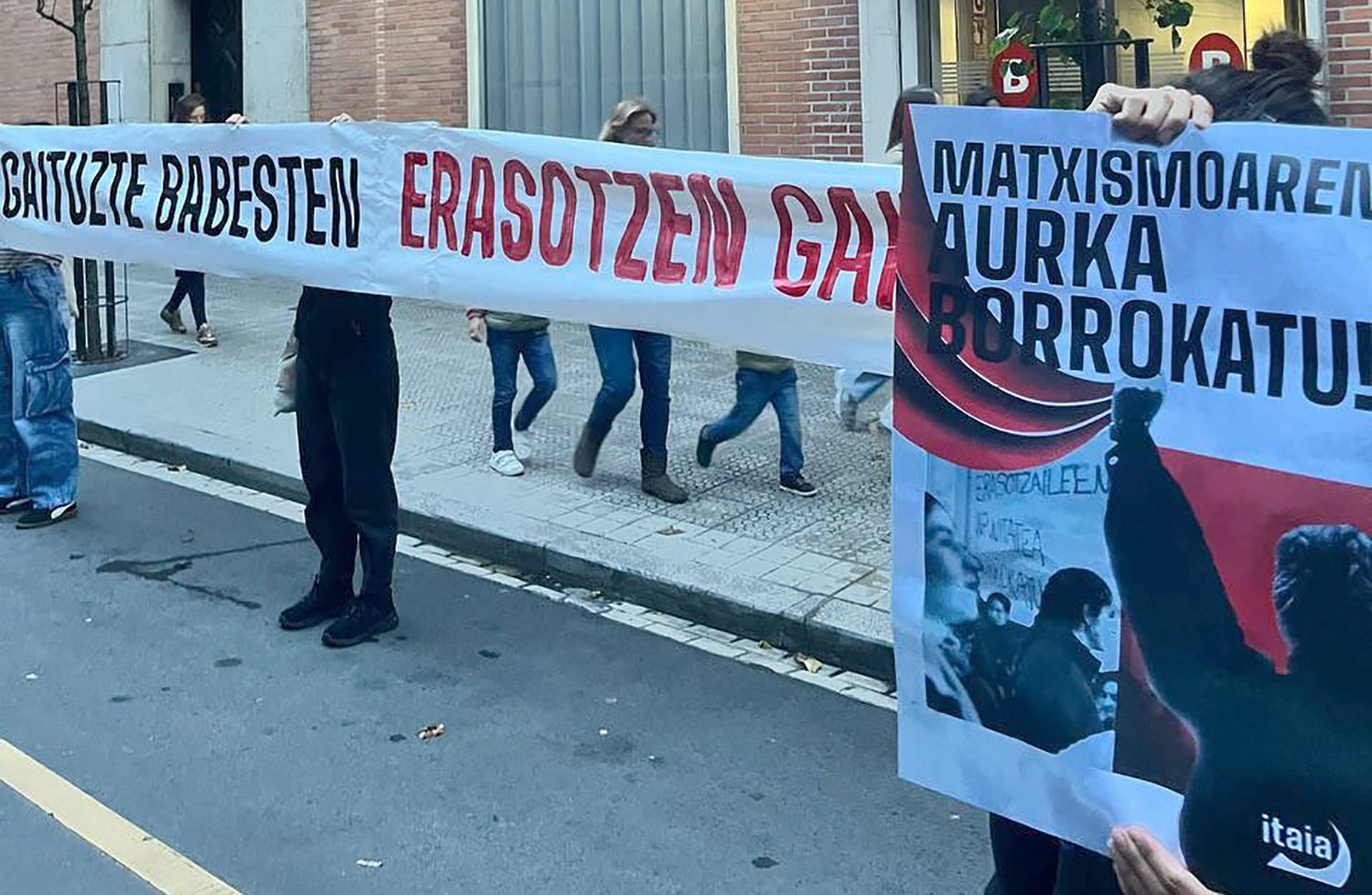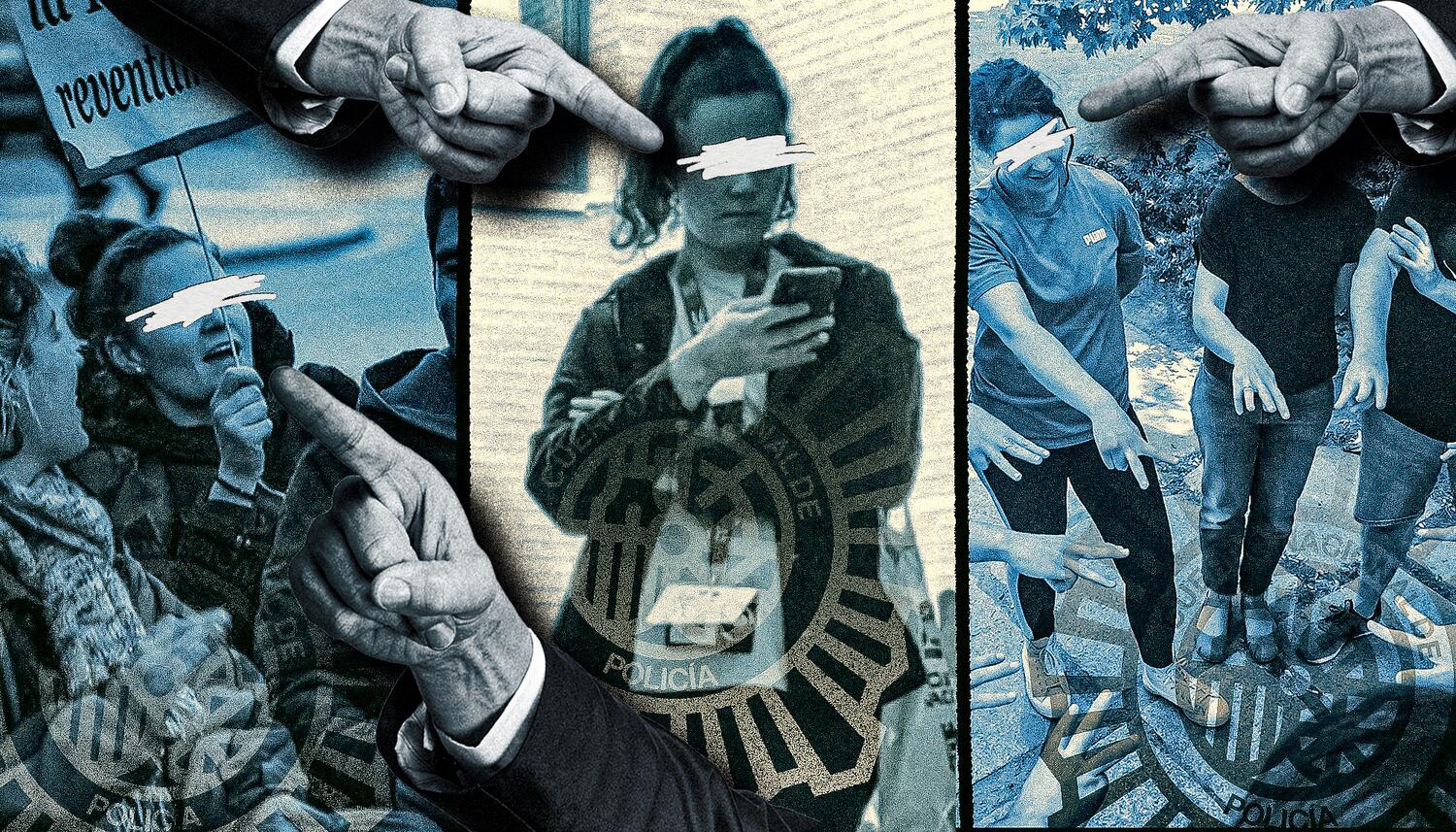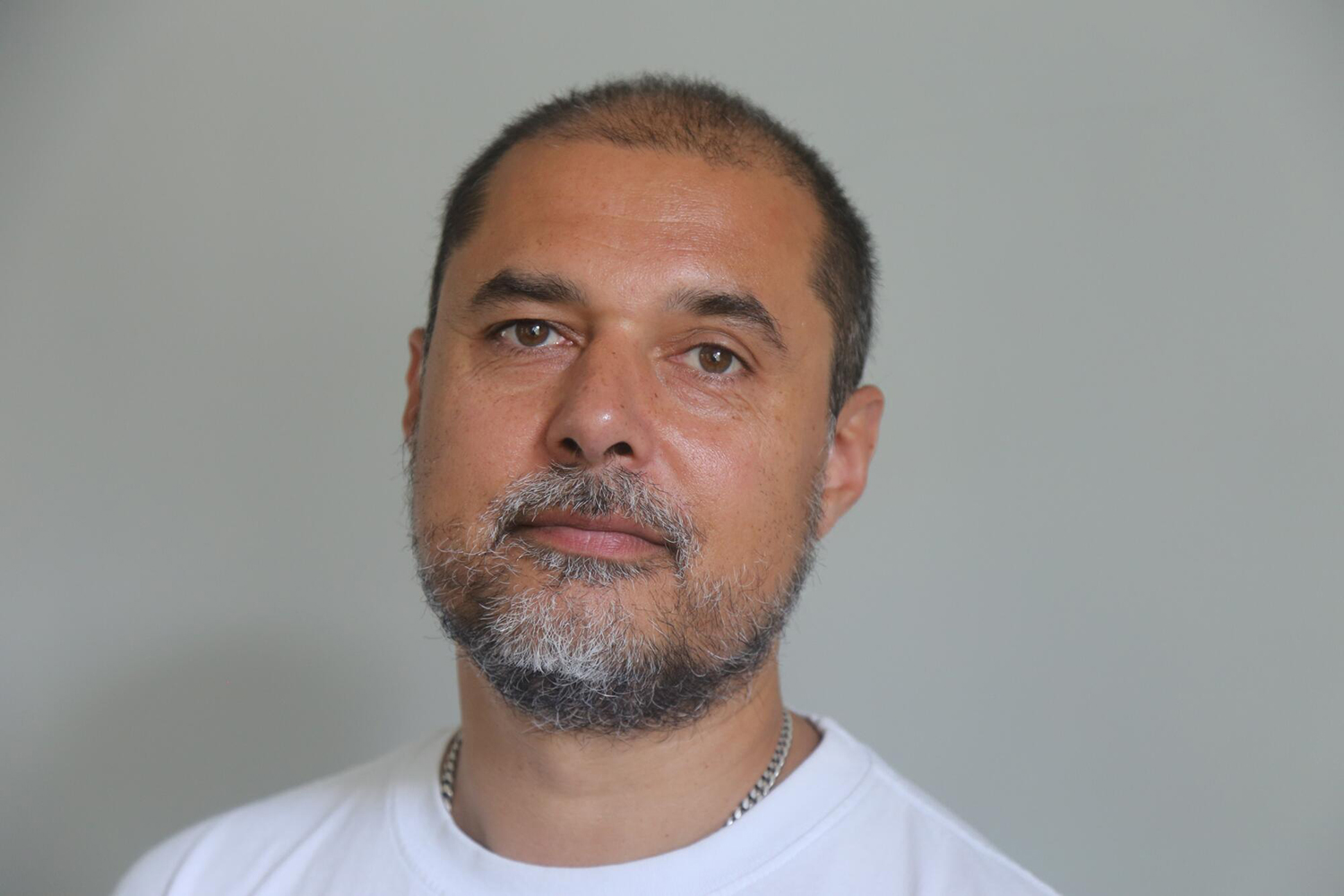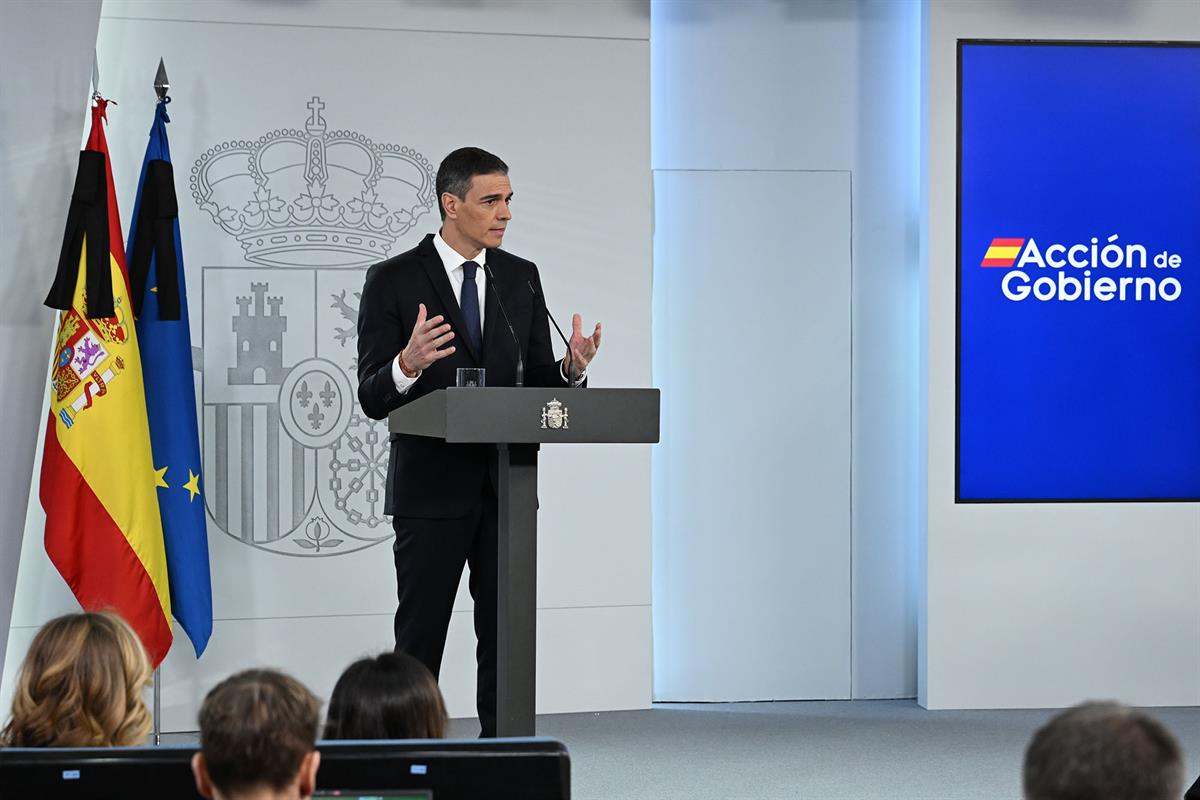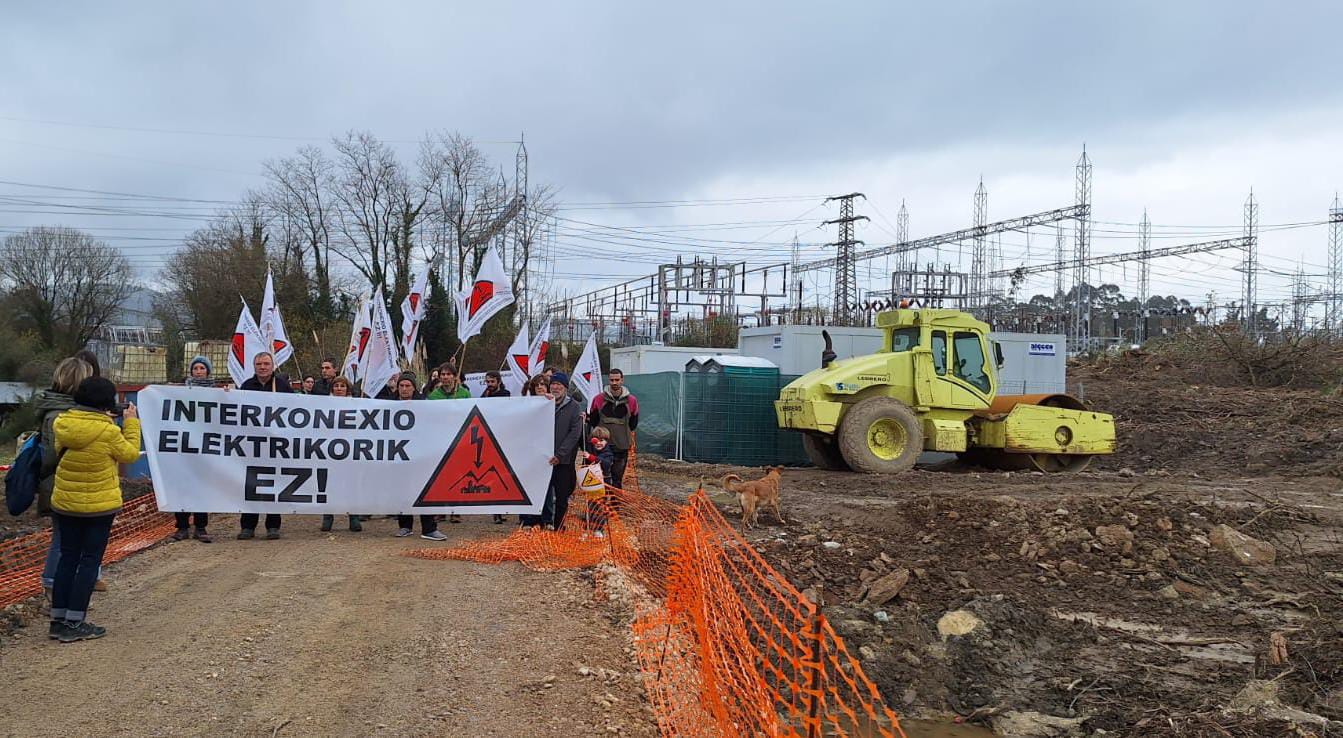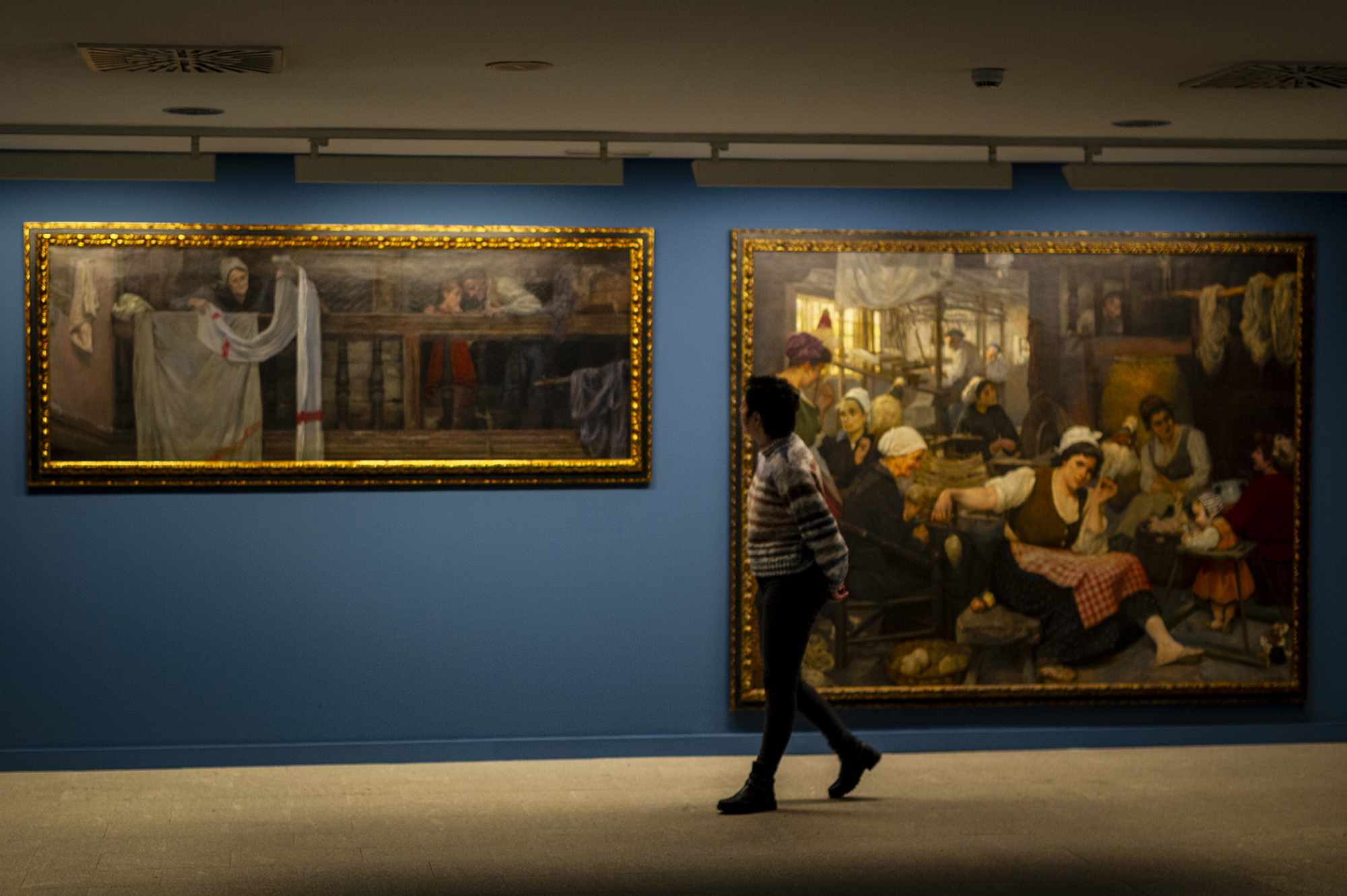Excessive pessimism
In very diverse environments we can hear, lately, pessimistic, even catastrophic, visions of the evolution of independence and national identity in the Basque Country. According to these views, independence is sinking and Basque national identity is also in a deep crisis. We can hear them both from the Abertzales and the Unionists, both in Euskal Herria and outside of us.
But this view is not presented as a mere opinion, but as a proven fact. And there's, in my view, the problem. Sociological studies are often mentioned as a means of legitimizing these opinions, so we must ask ourselves: Is it true that in Euskal Herria independence is in the “historical minimums”, as stated in many media debates?
In the different studies, there is no clear drop in the independence position, and all of them point out that independence has a significant basis in Hego Euskal Herria at least every year.
Well, to answer this question, we have a number of avenues. One of them is the result of the elections, but according to them nationalism is far from downward trends in recent years. Furthermore, we have mentioned nationalism, and we already know that nationalism and independence are not the same thing. Not all Abertzales are independentists, and we also have independentists who are not. These innovative visions, driven by the winds of Catalonia, which claim the distinction between nationalism and independence, are already fairly internalized, I would say.
By not valuing electoral results, it attempts to legitimize this negative view through sociological research. But in addition to the scarcity of data at the level of the Basque Country, what is necessary are data at the national level!, the main problem is what is asked about independence and national identities.
As far as independence is concerned, we have contradictory data on the table. The CAV Sociometer is often mentioned, but if we look carefully at the results, we will see that in the last twenty years the independence position has not changed significantly (from 25 to 22%), although the opponents have clearly strengthened (from 24 to 34%), probably linked to the recovery of Spanish nationalism and Catalan influences. It should be noted that in this consultation 31% would be in favor or against independence, “depending on the situation”. Here we have, therefore, one of the data that is forgotten, because in this last group we are also in favour of independence, even if we do not know how many they are.
Without going into the war of the figures, I would point out that, in general, in the different studies there is no clear fall in the independence position, and that all of them demonstrate that year after year in Hego Euskal Herria, at least, independence has a significant basis: 31% of the CAV, in the last Euskobartometer, and 40.7% of the whole of Euskal Herria, in the representation of the Basque State in favor of a state of its own, to give two examples.
The problem is more complex in terms of national identities. In fact, knowledge about national identities is scarce, much less than we think. The scale commonly used in sociological studies, such as the most popular Basque than the Spanish/French one, can provide interesting data, but does not analyze exactly the national identity, by incorporating other feelings of belonging (regional adhesion, affective attachment, administrative belonging to a state, etc. ). It is paradoxical, therefore, to consider as a proven fact what a discourse of political competence can be, especially when it opposes one’s own position.









